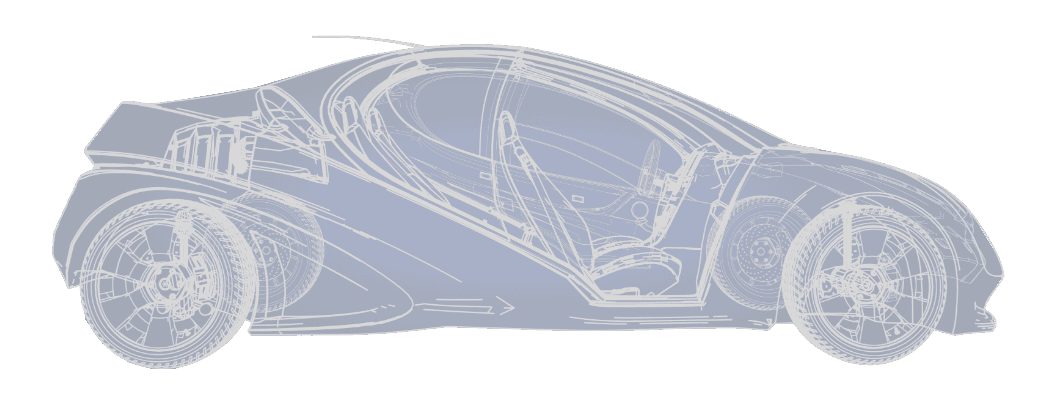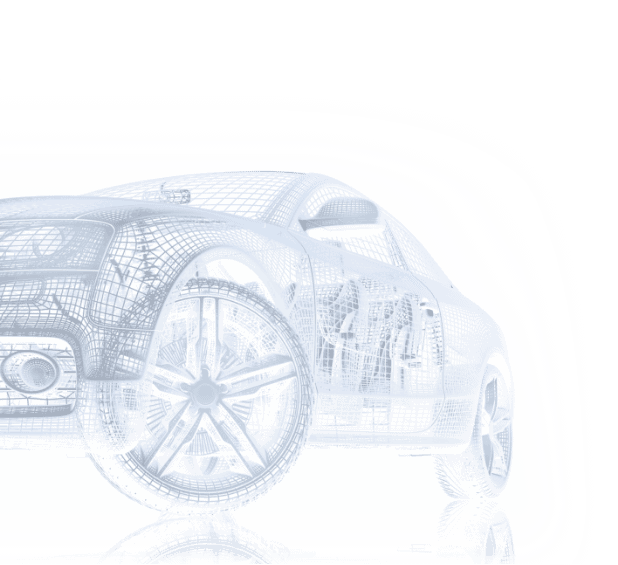The automotive industry is in the midst of a paradigm shift turning the focus of innovation to a driver’s experience and not just the vehicle’s functionality. We are watching an evolution in vehicle E/E Architecture unfold before us providing for complete customization and flexibility in a vehicle’s software and through high-performing computer units.
To make the most of these changes, aftermarket suppliers must partner with Cybertech Tier vendors to provide their customers with the newest applications, gadgets and upgrades, while also increasing their own revenue streams in today’s connected reality.
Tires, wipers and oil changes are the most commonly sold aftermarket products, but like we saw in the early mobile phone industry, that is all going to change. Who could have imagined during the early days of mobile phones, when ear pieces and battery chargers were the extent of the aftermarket, the explosion of the app industry? Connected cars present similar, enormous opportunities for aftermarket vendors with functionalities like remote keyless entry, inventory management and OTA updates leading to increased client relationships and therefore increased client retention.
Even without upgrading to the latest gadgets, old cars are more connected than you think. Since 1968, auto makers have used electronic control units (ECUs), to add functionality to cars. From fuel injectors and anti-lock braking to automatic windows, ECUs connect to an automotive computer called the Controller Area Network (CAN bus). This is the way auto manufacturers scaled up their vehicles. While older cars may have contained up to a dozen ECUs “talking” to one another, today’s vehicles may have 150 or more ECUs. That’s the equivalent of 20 personal computers, transmitting more than 25 gigabytes of data an hour.
This design is about to change and open a new world of opportunities for the aftermarket with the launch of app-stores for vehicles. Purchased vehicle apps will create new sources of income for OEMs and the aftermarket, strengthen customer loyalty, and enable independent brands in media, entertainment, and e-commerce to thrive.
Even without the future E/E design, today’s cars have enough infrastructure to support an app-store as an add-on without requiring a major overhaul of a vehicle’s wiring.
The benefits of a software-defined vehicle extend beyond just the drive and the driver’s experience. Plenty of aftermarket vendors will be able to install customized apps to help them work more efficiently, quickly, and profitably. Some examples include:
Dealership asset manager
Wireless connectivity
Logistics fleet management
Fleet ransomware protection
Telematics
Insurance and UBI
Ride-sharing
Mobile device integration
Car dealerships maintain large inventories of vehicles. At any given time, there may be several millions of dollars worth of vehicles on the lot. Quickly locating a desired vehicle for a customer to test drive could impact a sale while wasting time searching for this vehicle —or its keys — could send an impatient customer to a competitor.
By being able to securely and remotely unlock vehicles without carrying around a physical key, dealerships can remain secure while eliminating downtime wasted on searching for keys.
Dealerships can easily track location, predict maintenance and manage other critical details of each car in the fleet.
Car dealerships have a 28% chance of repeat sales, but that number jumps to 70% when the dealership continues the engagement post-sale with servicing or regular communication. Dealers can use Cybertech to gain a better understanding of fleet analytics and basic indicators for mileage and leasing data to help ensure customer retention.
Data Monetization
Aftermarket Customization
Vehicle Data Protection
Ransomware is cyber extortion enabled by malware that illegally encrypts data or disables vehicles until a huge ransom is paid. Just as cyber-criminals can target a single car, they can also target an entire fleet of vehicles. Companies and organizations that are dependent on their fleets are prime targets for ransomware attacks. Examples of such organizations include:
Car rental agencies
Taxicab companies
Public utilities fleets
Transportation companies
Government fleets
A cyber attack on a vehicle in motion can threaten not only the safety of drivers and passengers, but also pedestrians, other vehicles and their passengers and any property in the area.
The Aftermarket Add-On Platform’s deterministic Communication Lockdown™ methodology prevents any kind of ransomware attack from taking control of a vehicle as it only allows “legal” communication and blocks any improper commands. Coupled with secure OTA updates, vehicle fleets can confidently take advantage of a complete end-to-end cybersecurity solution with protection from the vehicle, over the air, to back end operational databases or centers.
Heavy machinery tends to have a longer lifetime, but parts wear down frequently. While aftermarket vendors enjoy steady business supplying replacement vehicle parts, the Aftermarket Add On Platform presents new opportunities. It can protect newly connected systems placed in older, heavy equipment from cyber attacks.
Additionally, the Aftermarket Add On Platform will allow older heavy machinery to communicate safely and securely with new autonomous vehicles that are rapidly being introduced to construction sites and mines to increase safety and productivity.
As cars become software-defined vehicles, OEMs are already offering apps that improve the driver’s experience (examples include Porsche, Mercedes and Volvo). Tesla even designed their cars with the hardware to later sell aftermarket add-ons. In 2020, the company offered customers an Autopilot upgrade before their launch of the fully-automated driving package. The Autopilot add-on started at a discounted $5,000 and slowly increased to $7,000. Aftermarket apps that add value or help customize their driving experience will strengthen customer loyalty.

GuardKnox’s Aftermarket Add-On is an automotive cybertechnology solution empowering aftermarket vendors to generate additional revenue streams with value-added services, such as:
The Aftermarket Add-On is a connectivity Domain Controller providing a gateway for external communications by wireless and wired interfaces. This includes OTA updates, smartphone apps as well as in-vehicle entertainment, smart city services, and it is future-proof to support next-gen apps as well.
The Aftermarket Add-On is engineered specifically for the aftermarket, meaning that it has seamless integration and does not require rewiring of the car. It is based on GuardKnox’s patented Service Oriented Architecture (SOA) and it works for fleets both large and small. Data collected from these vehicles will allow OEMs, dealerships, and aftermarket vendors to develop and offer future valuable products and services.
See the Full Product SuiteCar dealerships and their suppliers want to provide their customers with the newest applications, gadgets and upgrades, while also increasing their own revenue streams.
Both existing and future cars can be upgraded with cybertech technology to improve the driver and vendor experience. Cars can report to the dealership that they are due for maintenance and the dealership can then send a personalized message to the car’s infotainment system. Important vehicle metrics and relevant predictive maintenance data can be sent back to the manufacturer’s operational data centers in order to facilitate customer relationships, provide top level customer service and offer value-added services based on driver behavior and preferences.
The upgrade can be integrated seamlessly with a simple add-on that requires minimal installation and is created specifically for fleets of all sizes using both today’s and tomorrow’s technology. This technology is already available and being used by early adopters and will become more and more prevalent as time marches on. Don’t get left behind!
